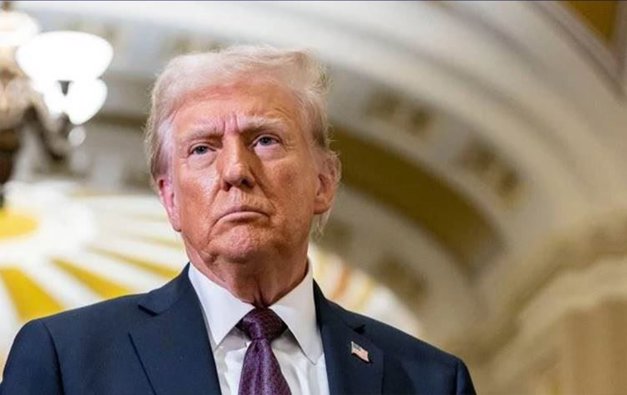
Trump Slams GOP on Fentanyl Tariffs
United States President Donald Trump publicly rebuked several Republican senators on social media for opposing his proposed tariffs on Canada, which he argues are necessary to curb the flow of fentanyl into the United States. Trump targeted Senators Mitch McConnell, Susan Collins, Lisa Murkowski, and Rand Paul in a post on Truth Social, accusing them of undermining efforts to protect American citizens.
"They are playing with the lives of the American people, and right into the hands of the Radical Left Democrats and Drug Cartels," Trump wrote. He further described the Senate bill introduced to counter his tariff strategy as a ploy by Democrats to expose Republican weakness.
The proposal in question involves imposing tariffs on Canadian goods under a national emergency declaration, aimed at pressuring Canada to take stronger action against fentanyl trafficking. However, bipartisan opposition in the Senate has emerged.
Senator Susan Collins called the tariff plan "a huge mistake," emphasizing concerns over the impact on trade relations. Meanwhile, Senator Rand Paul co-sponsored a resolution with Democrat Tim Kaine to terminate the national emergency declaration that enables the proposed tariffs.
Trump’s criticism highlights growing internal division within the Republican Party, particularly over how to address the ongoing opioid crisis. The president has maintained that economic tools such as tariffs are critical in combating international drug trafficking networks.
The political standoff arrives at a crucial time, as the administration seeks to demonstrate aggressive action on the fentanyl crisis, a major public health and security concern. Trump’s remarks reflect a broader strategy to rally support within his party and portray opponents as weak on crime and national security.
The resolution to end the national emergency has not yet been voted on, but the debate continues to draw national attention. The outcome could influence not only U.S.-Canada trade relations but also the direction of U.S. policy in combating transnational drug threats.






